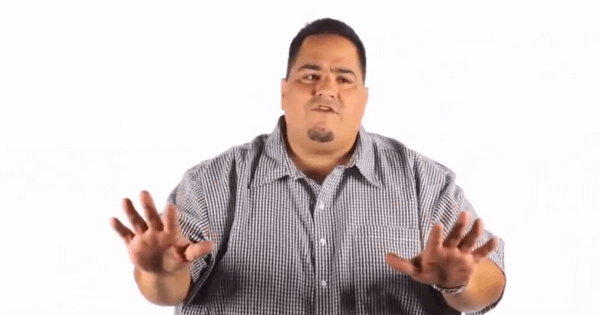If you've heard me present at a WordCamp or other conference, you've likely heard me say, “we'll get back to that….”
It's a simple way to start telling a story, and leave it hanging. Of course you can only do this if you make sure to come back to it.
And it only works if the whole point of telling the story makes sense. After all, no one wants to hear you ramble.
But if you do it right, it has a consequence that works very well for keeping an audience engaged.
You build anticipation.
You can see it in my presentation that I posted yesterday. I start telling you about two classrooms and how a single phrase changed everyone's behavior. But then I don't tell you the phrase.
Because there's another story I want to tell first. To continue to put the pieces together.
When it works right, you end up with several stories whose threads all come together.
And the whole time, you're creating a consequence that keeps people engaged.
You're building anticipation.
When I watched this commercial, I knew it was a liquor ad. But I had no idea how the initial part of the story was going to connect.
So it kept me watching. And watching. And waiting. And you know what it did?
It built anticipation.
See if you agree.
So let me ask you this.
As you write, and as you speak, are you telling stories in a way that helps you build anticipation?

